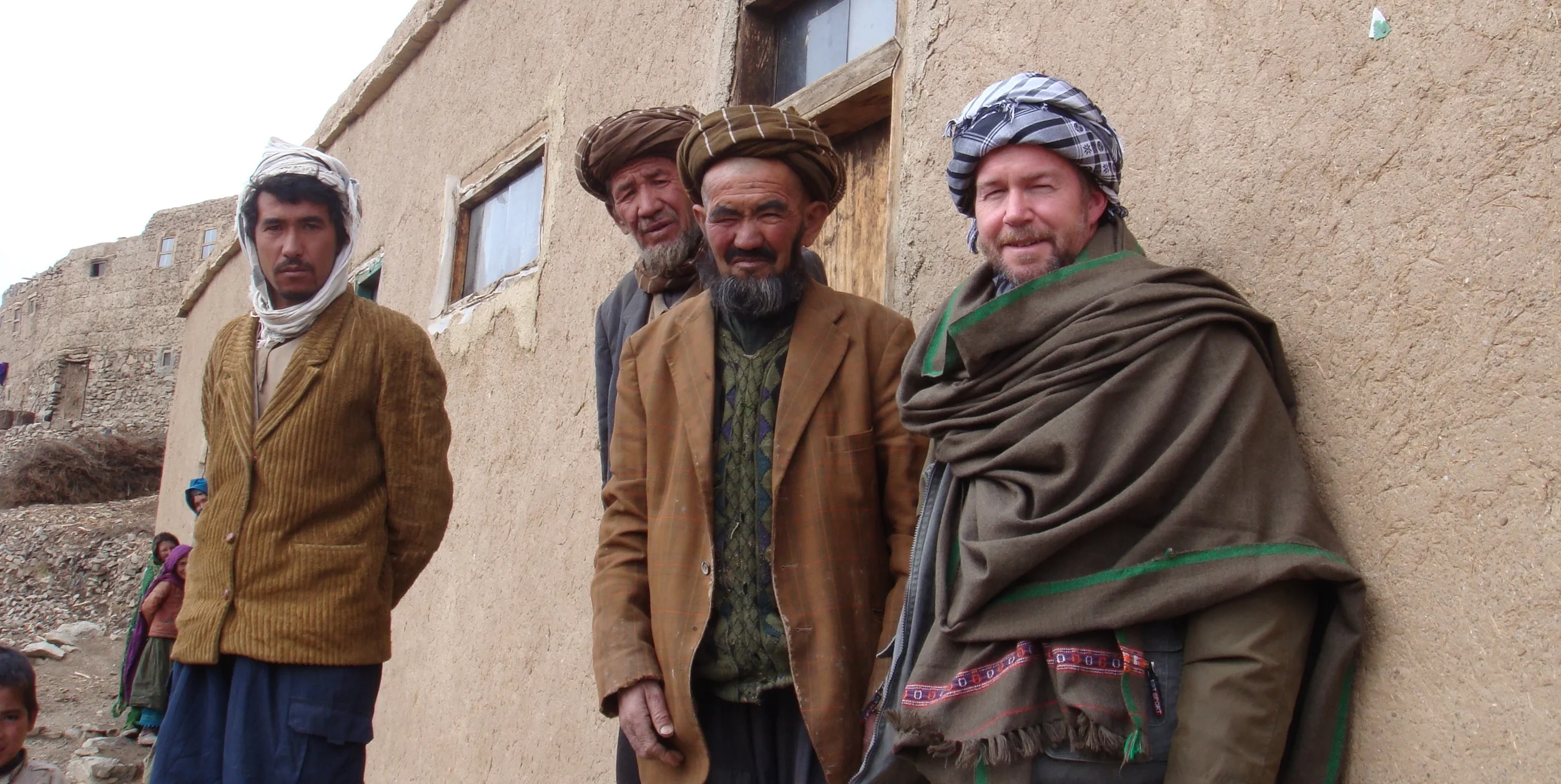Early morning, January 12
The last bits of snow catch the light of a near full moon as it sets over cold, vacant streets. I had expected to write this article from Pakistan, where I was to interview survivors of two church grenade bombings, but that trip was cancelled in order to be here—Room 9331 of the cancer ward of Duke University Medical Center.
My mother, so thin now and so fragile, lies in a bed next to me. A tangle of tubes runs into her much-bruised arm. The machines she is attached to seem detached from her pain as they hum quietly to themselves. I have sat through the night with her, catching a couple of naps during her shallow sleeping and shallow waking. She is resting now, and I am writing.
We had a good evening together, holding hands and reading much Scripture. My earliest memory of her was of her reading the Bible to my brother and me; so tonight it was my turn. With nearly 40 years of teaching Sunday School, she taught many children about the Lord besides her own. Hers was always the quiet service in the back rooms—which is where much of the Lord’s work is done. An old preacher once told me, “Between the great things we cannot do and the little things we will not do, lies the danger of doing nothing.” My mother, armed with flannelgraph, animal crackers, and Calvary Love, was never in such danger.
We recalled tonight how we used to sing together. I was too young to read; so she taught me the words and played the piano. That old, beaten-up piano had a keyboard that looked like an ugly grin with ivories yellowed, cracked, or missing—but we sang the Lord’s songs around it nonetheless. At church she played, too. I remember how pretty she was at the piano. She played, and I sang solos for special music of the songs she had helped me memorize.
She reminded me tonight that one of those songs that she taught me was about Stephen in Acts. I had forgotten that. Sitting here in this long hour before dawn, the words of the chorus all come back:
I see Jesus standing at the Father’s right hand.
I see Jesus yonder in the Promised Land.
Work is over, now I am coming to Thee.
I see Jesus standing, waiting for me.
She cannot sing now behind the oxygen mask with her throat parched by radiation, but she did tell me in the middle of the night that there are times lately when she has heard the most beautiful music.
The east brightens. Mama is stirring. She asks to be propped up so she can see the morning sky.











